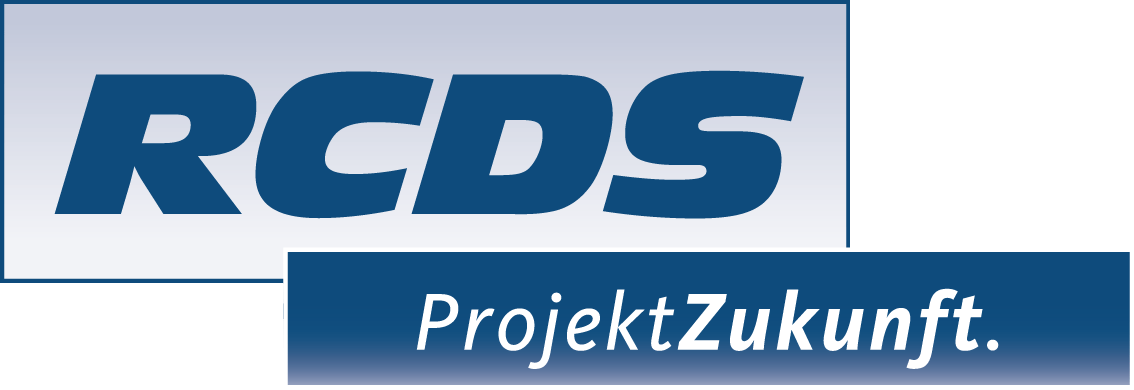Study

Info
There are about 400 state accredited universities at more than 150 different locations all over Germany. Together, these universities offer more than 14.500 different study courses and subjects. So far more than 800 English study programmes and about 700 courses at Master‘s courses are available, leading to a certain grow in the number of foreign students to Germany. The period of study in Germany is credited with the application for permanent residence status.
Since the 1990‘s the number of foreign students has doubled and is now 180.000. Also the number of foreign alumni has increased to 27.000.
To be able to take a course in German, various support programs are offered to foreign students.
As a foreigner at a German university, you can receive financial suwwsypport under the federal financial aid law, called BAföG, only in exceptional cases (for example as a refugee with a specific residence status). One way of financing your studies is, for example, on a scholarship. Scholarships are awarded by the universities of your home country, but also by German universities. Various foundations and institutions encourage foreign students.
In urgent cases, the student councils and “Studentenwerke” (Association for Student Affairs) help out with some small loans. Below you will get a brief overview of selected financial support programs.

Erasmus
Erasmus
The higher education program Erasmus is one of the European Union’s (EU) great success stories. It is a program under the umbrella of the EU Education Lifelong Learning Programme (2007 – 2013). It focuses on the mobility of students, lecturers and other university staff and on foreign companies staff at the center. Erasmus also promotes cooperation between European universities and academics. The funds are made available to the participating institutions by the respective national agencies. In Germany, the German Academic Exchange Service (DAAD) is responsible for the program.
More information:
http://eu.daad.de/www.daad.de/en/

“The Job of my life”
“The Job of my life”
“The job of my life” is a funding program of the Federal Ministry of Labour and Social Affairs (BMAS) and the Federal Employment Agency (BA). The Job of my Life promotes vocational training or job placement in Germany. First of all, the employment agencies in Germany report vocational training positions in their region to the ZAV. The ZAV is thus provided with a national overview. The ZAV then looks for suitable candidates in cooperation with its European network partners. By participating in the funding you receive for example a German course in your home country, a grant for your travel and relocation expenses, financial support for accommodation and support in school, work and everyday life for free. People between the age of 18 to 35 years can participate.
More information:
http://www.thejobofmylife.de

KAS
Konrad-Adenauer-Stiftung
In cooperation with the Ministry of foreign affairs the Konrad Adenauer Foundation supports foreign students and graduates for over 40 years. The Foundation likes to contribute to the scientific training of future leaders. There are two types of funding: The domestic and foreign funding. The domestic application is for foreign students at German universities. The foreign funding can refer students who have studied abroad.
Is a prerequisite for domestic application, according to the data of the Konrad Adenauer Foundation, proof of admission to a master’s or postgraduate degree or doctorate at a university in Germany. Requirements for a foreign application are the proof of the requirements for a university degree after completing at least four years of study abroad.
More information:
http://www.kas.de/wf/de/42.37

IPS
International Parliamentary Scholarship
Approximately 120 scholarships awarded by the German Bundestag together with the Free University of Berlin, Humboldt University of Berlin and the Technical University of Berlin. Young university graduates from around 28 nations are promoted each year here. The program runs from 1 March to 31 July. The scholarship covers a monthly allowance of 450 euros, a paid accommodation and a free health, accident and liability insurance. Moreover, the cost of arrival and departure will be taken to and from Berlin. Funded the International Parliamentary Scholarship by the German Bundestag.
More information:
http://www.bundestag.de/bundestag/europa_internationales/internat_austausch/ips/

Working part time
Working part time while studying in Germany
In the past, citizens of non-EU states wanting to work while studying in Germany had limitations and had to overcome administrative barriers. However, the Federal Government broke down some of those barriers While studying, students are now allowed to work 180 full-days or 240 half-days, in addition to working as a student assistant. As a comparison: before that modification, a student was only allowed to work 90 days per year! EU-students fall under the same regulations as German students.
If you are looking for a job there are many agencies in Germany that list work for students, for example the „Studentenwerk“ in university towns. Often you can also find work advertised on a bulletin board at the university, posted on the university’s or the Studentenwerk’s website, or in local newspapers.
For further information finding work while studying visit:
https://www.daad.de/deutschland/in-deutschland/arbeit/de/9148-geld-verdienen/

Finding accomodation
Finding accomodation for your studies in Germany
Upon arrival in Germany you will have to find accomodation, which is not always easy. However, there are always some rooms reserved for international students in student dorms. The „Akademische Auslandsamt“ (AAA) and the Studentenwerk will help you to find out if you can get a room in a student dorm.
Furthermore, you can find more information on the internet. Just have a look at wg-gesucht.de, immobilienscout24.de, or meinestadt.de. You can also contact the „Mitwohnzentrale“ of your town. If the „Mitwohnzentrale“ is part oft he „Ring Europäischer Mitwohnzentralen“ (REM), you can call them by dialing the area code plus „19430“.

